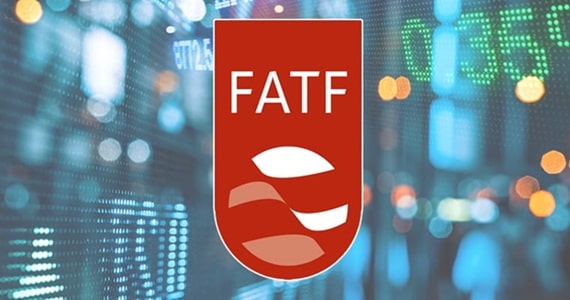The Financial Action Task Force (FATF), the global anti-money laundering (AML) watchdog, has issued a call to India to intensify its scrutiny of bank accounts held by politicians, government officials, and their families. This recommendation comes as part of an ongoing review of India’s AML systems, highlighting the need for enhanced due diligence on politically exposed persons (PEPs). The FATF’s focus on India reflects the importance of robust financial oversight in combating money laundering and corruption.
The FATF’s Mandate and India’s Role
The FATF is an intergovernmental organization established in 1989 to develop policies to combat money laundering and the financing of terrorism. It regularly evaluates member countries’ compliance with its standards, offering recommendations to address any shortcomings. India, as one of the largest economies and a significant player on the global stage, has been under FATF scrutiny to ensure its financial systems are in line with international standards.

India has previously been recognized for its efforts in combating money laundering and terrorist financing. In June 2024, the FATF concluded that India had achieved a high level of technical compliance with its standards. However, the ongoing review emphasizes that there is still room for improvement, particularly concerning the financial activities of PEPs.
Why PEPs are a Focus for FATF
PEPs, including politicians, government officials, and their close associates, are considered high-risk individuals due to their potential exposure to bribery, corruption, and other forms of financial misconduct. Under global AML rules, banks and financial institutions are required to perform enhanced due diligence on PEPs to detect and prevent illicit financial activities.
The FATF’s renewed focus on PEPs in India stems from concerns that the current level of scrutiny may not be sufficient to deter money laundering and corruption. Enhanced scrutiny involves a thorough examination of transactions, monitoring of accounts, and more rigorous verification processes. This is particularly crucial in a country as vast and diverse as India, where political influence and financial power are deeply intertwined.
India’s AML Challenges and the Path Forward
Despite its progress, India faces significant challenges in fully aligning with FATF’s recommendations. The complexity of its financial system, coupled with the scale of its political landscape, makes the implementation of stringent AML measures particularly challenging. Moreover, corruption remains a pervasive issue, which can complicate efforts to enforce these measures effectively.
To address these challenges, India may need to adopt a multi-faceted approach that includes strengthening regulatory frameworks, improving the capacity of enforcement agencies, and fostering greater transparency within the financial sector. Additionally, international cooperation will be key, as money laundering often involves cross-border transactions that require a coordinated global response.
Implications for Indian Banks and Financial Institutions
For Indian banks and financial institutions, the FATF’s recommendations will likely necessitate significant changes in how they conduct business with PEPs. This could include revising their AML policies, investing in advanced technology for transaction monitoring, and training staff to recognize and report suspicious activities. Failure to comply with these enhanced requirements could result in severe penalties, both domestically and internationally, and could damage the reputation of India’s financial sector on the global stage.
Global Context and the FATF’s Influence
The FATF’s call to action is not unique to India; it reflects a broader global trend towards tightening AML controls, especially concerning PEPs. Countries around the world are being urged to close gaps in their financial systems to prevent the flow of illicit funds. The FATF’s influence is significant, as its assessments can impact a country’s international standing and its ability to engage in global financial markets.
India stands at a critical juncture as it responds to the FATF’s call for enhanced scrutiny of politicians’ bank accounts. While the country has made strides in improving its AML framework, the FATF’s recommendations underscore the need for continued vigilance and reform. The outcome of this review will not only shape India’s domestic financial policies but will also influence its position within the global financial community.

